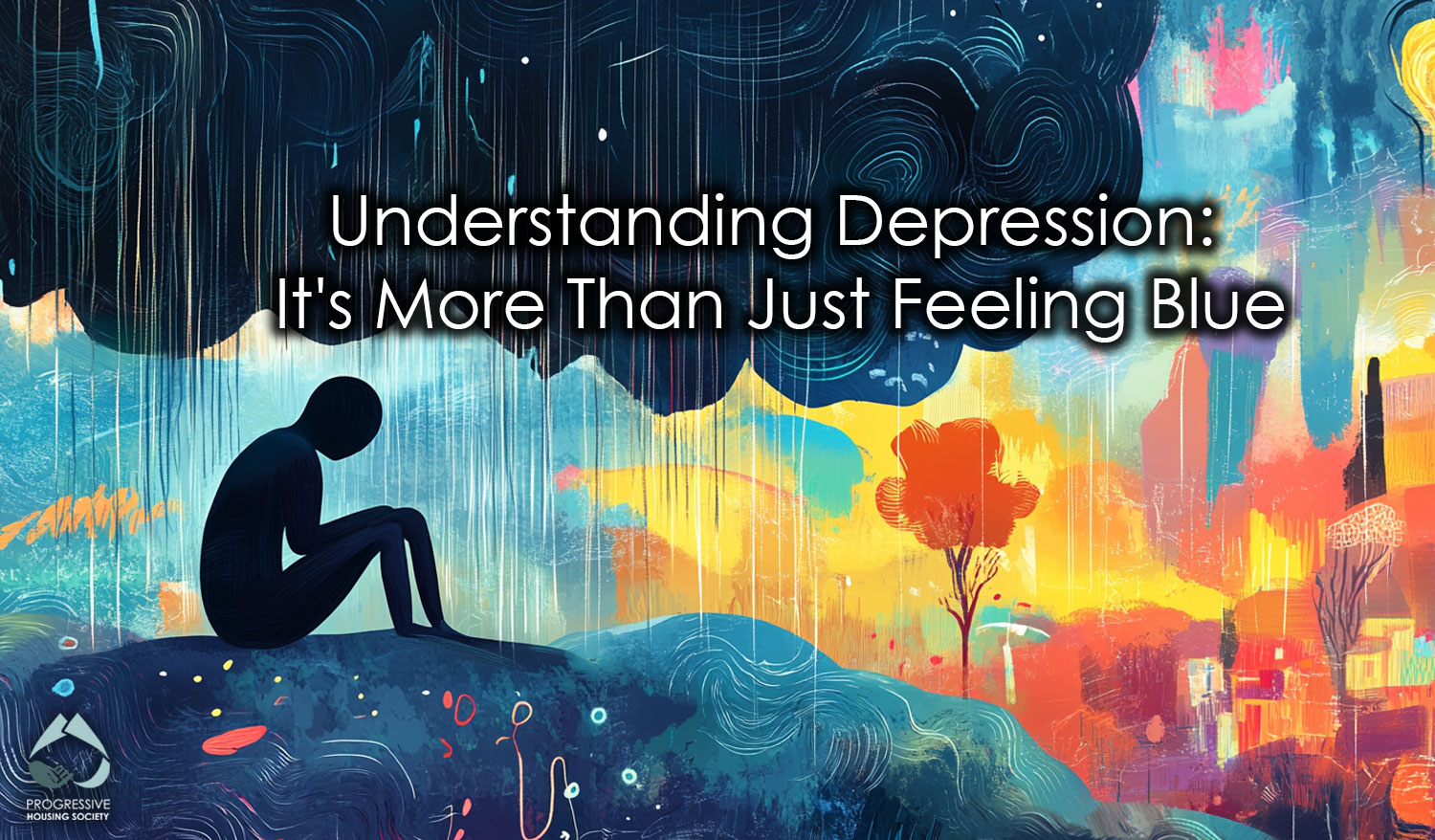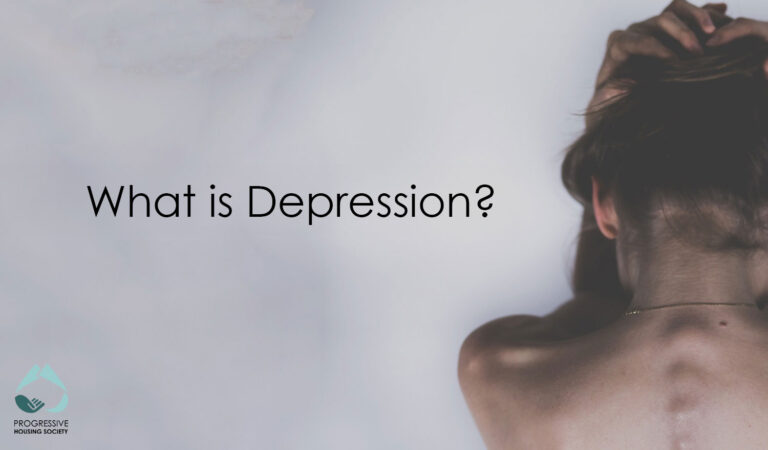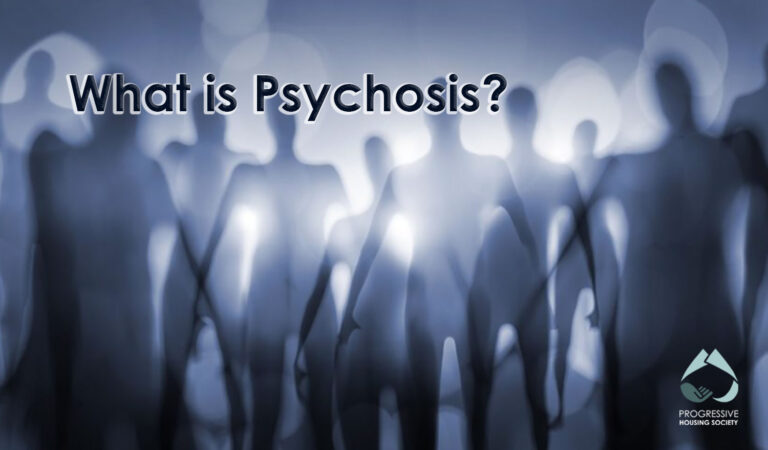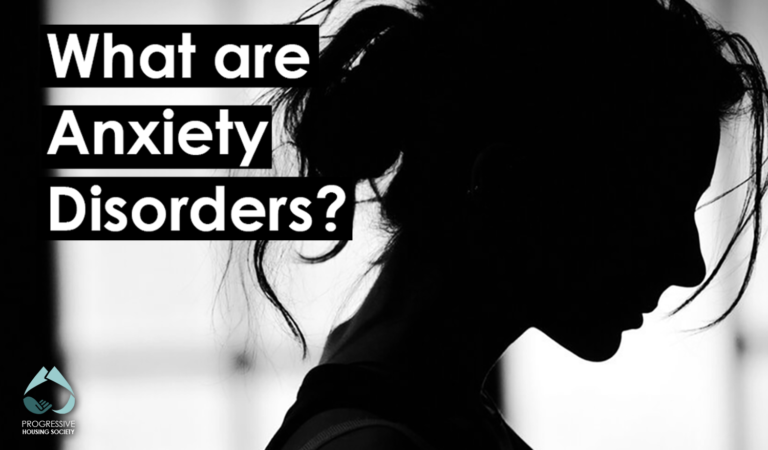Understanding Depression: It’s More Than Just Feeling Blue
-
by
 PHS
PHS
Depression is not merely prolonged sadness but a serious mental health condition that affects mood, cognition, and daily functioning. Misconceptions about depression contribute to stigma, which prevents people from seeking help. Depression affects individuals across all demographics, with social and cultural factors playing a role in how it is expressed and treated.
Depression has a significant biological basis, including genetic predisposition, neurotransmitter imbalances, and neuroinflammatory responses. Cultural differences impact how depression is perceived and expressed, influencing diagnosis and treatment-seeking behavior. Understanding depression requires a deeper exploration of its emotional impact, societal influences, and personal struggles. By dispelling myths and fostering a more supportive environment, we can help individuals feel validated and encouraged to seek help. It is important to recognize that depression manifests differently in different people—some may experience profound sadness, while others feel an absence of emotion altogether. By increasing awareness, we can foster a more inclusive and empathetic society where those struggling with depression feel seen and heard.
Moreover, research suggests that depression is often accompanied by other mental health disorders such as anxiety, obsessive-compulsive disorder, and post-traumatic stress disorder. This highlights the need for comprehensive mental health care approaches that address co-occurring conditions rather than treating depression in isolation. Understanding the interplay between depression and other mental health concerns can provide better treatment pathways for individuals seeking relief.
The Emotional Experience of Depression
Depression leads to emotional numbing, loss of interest in previously enjoyed activities, and persistent feelings of emptiness. Emotional dysregulation and altered mood states are common, making it hard for individuals to control their emotional responses.
The concept of emotional context insensitivity (ECI) suggests that depressed individuals experience reduced reactivity to environmental stimuli, contributing to persistent emotional distress. This means that even positive events may fail to elicit happiness, while negative experiences further deepen the sense of despair.
For instance, imagine a young professional excelling at work but feeling completely detached from their achievements. Despite promotions and praise, they experience no joy in their successes. This illustrates how depression silently infiltrates even the most accomplished lives, making it difficult to recognize and address. Additionally, depression can lead to extreme self-doubt, chronic fatigue, and feelings of hopelessness that linger even in positive situations. The inability to find pleasure in daily life, known as anhedonia, can make it difficult for individuals to engage in activities they once loved, further deepening their isolation.
Another key aspect of depression’s emotional toll is how it alters one’s perception of the future. Many individuals struggling with depression feel trapped, as though there is no way out of their emotional turmoil. They may develop a pessimistic outlook, believing that things will never improve. This overwhelming sense of hopelessness often leads to difficulty making decisions, as even the smallest choices feel insurmountable.
Additionally, many individuals experience intrusive thoughts that reinforce their self-doubt and despair. These thoughts may manifest as constant self-criticism, excessive guilt, or irrational fears of being a burden to others. The accumulation of these thoughts can lead to increased stress, worsening mental and physical health over time.
Depression vs. “Feeling Blue”
Unlike temporary sadness, clinical depression is a persistent condition that disrupts everyday functioning. People with high-functioning depression may appear outwardly successful while struggling internally, making their condition harder to detect.
Encouraging positive thinking or suggesting lifestyle changes without understanding the depth of depression can feel dismissive and unhelpful. Unlike sadness, which typically has a specific cause and resolves over time, depression often appears without an identifiable reason. People experiencing sadness can still find moments of happiness or relief, whereas those with depression struggle to experience any positive emotions.
Depression also brings physical symptoms such as changes in appetite, disrupted sleep patterns, and unexplained aches and pains. By distinguishing between temporary sadness and clinical depression, we can encourage those struggling to seek appropriate support without fear of being dismissed or misunderstood. High-functioning individuals with depression can maintain responsibilities at work and home. However, they privately suffer intense emotional pain, fatigue, and lack of motivation, making even simple tasks difficult. Many cases of depression remain undiagnosed because they do not fit traditional diagnostic criteria, leading to subthreshold or atypical depression. This is particularly concerning as untreated subthreshold depression can still severely impact a person’s quality of life. Depression is increasingly understood as a spectrum disorder, with varying degrees of severity requiring tailored interventions.
Additionally, depression affects not just emotions but cognition as well. Individuals with depression often experience negative thought loops—persistent, self-critical thoughts that reinforce feelings of inadequacy. This cognitive distortion makes it difficult to break free from the cycle of depression and can further exacerbate symptoms over time. Acknowledging the complexity of depression rather than reducing it to temporary sadness allows for more effective and compassionate support.
The Silent Struggle: How Depression Affects Daily Life
Depression affects cognitive function, making concentration and decision-making difficult. Social withdrawal and self-isolation are common symptoms, contributing to strained relationships. Work productivity suffers, leading to increased absenteeism and presenteeism, which have economic consequences.
Everyday tasks that once felt effortless can become insurmountable challenges. Individuals may struggle to maintain personal hygiene, prepare meals, or even get out of bed. These difficulties create a cycle where the inability to function fuels feelings of guilt and worthlessness, reinforcing depressive symptoms.
While some individuals withdraw entirely, others attempt to overcompensate by immersing themselves in work or social obligations, masking their struggles. This often results in burnout, further deteriorating their mental and physical health. Sleep disturbances, such as insomnia or excessive sleeping, are also common, adding another layer of difficulty in managing daily responsibilities. The struggle with self-care can become so overwhelming that individuals begin avoiding responsibilities altogether, leading to financial and interpersonal difficulties.
Moreover, untreated depression can lead to substance abuse as individuals seek temporary relief from their pain. Self-medication through alcohol or drugs often worsens symptoms, creating an even greater barrier to recovery.
The Role of Society in Shaping Depression Perceptions
Cultural perceptions of mental health influence whether individuals seek treatment or suffer in silence. Media representation of depression often perpetuates stereotypes, sometimes glorifying or trivializing the condition. Stigma surrounding mental illness prevents many from seeking professional help, increasing the burden of untreated depression.
Society’s tendency to equate success with emotional well-being can further isolate those who appear to be doing well outwardly but are struggling internally. Workplace expectations, social media portrayals of happiness, and cultural pressures to remain strong can make individuals hesitant to seek support.
Western cultures often focus on psychological symptoms of depression, whereas some non-Western cultures emphasize somatic symptoms like fatigue or pain. This cultural variation affects how depression is diagnosed and treated in different parts of the world. Furthermore, government policies and insurance limitations can hinder access to mental health treatment. Without sufficient funding and policy reform, individuals from lower socioeconomic backgrounds continue to face barriers to obtaining adequate care.
It is essential to create safe spaces where people feel encouraged to share their experiences without fear of judgment. Advocacy efforts that promote mental health awareness, encourage mental health days in workplaces, and integrate mental health education in schools can all contribute to a more informed and empathetic society.
The Importance of Validation and Support
Listening and validating a person’s feelings can be a powerful form of support. Acknowledging their experience without judgment helps them feel heard and understood, which can be a crucial step toward healing. Many individuals with depression fear being a burden, which prevents them from reaching out. By reassuring them that their feelings are valid and that seeking help is not a sign of weakness, we can help reduce the loneliness that often accompanies depression.
While lifestyle changes such as exercise, meditation, and positive thinking can contribute to overall well-being, they are not always sufficient for treating clinical depression. Encouraging professional treatment while also being present as a supportive friend or family member can make a significant difference in someone’s recovery journey. Support groups, peer mentoring, and community outreach programs can also play a crucial role in ensuring that those struggling do not feel isolated.
Open discussions in families, workplaces, and schools can help create a supportive environment where individuals feel safe seeking help. Reducing the stigma surrounding mental health is essential in fostering these conversations, allowing people to express their struggles without fear of judgment. Research also suggests that culturally adapted psychotherapies are more effective than standard approaches for diverse populations, emphasizing the need for inclusive mental health care.
Spiritual and religious beliefs can also play a role in coping with depression, particularly in African American and immigrant communities, where faith-based support systems provide comfort and resilience. Recognizing the diverse ways people navigate mental health challenges ensures a more holistic and compassionate approach to support and treatment.
Moving Forward: Finding Hope and Supporting Others
Understanding depression means recognizing that it is more than just sadness—it is a serious mental health condition that affects millions worldwide. By acknowledging the complexities of depression, challenging societal stigma, and offering compassionate support, we can create an environment where individuals feel empowered to seek help and healing.
If you believe in creating a world where no one has to face depression alone, consider making a donation to help support mental health initiatives. Your contribution can provide individuals with access to mental health resources, safe housing, and advocacy services that can change lives. Even a small donation can make a significant impact in someone’s journey toward recovery. Support those in need today and be a part of the movement toward a more compassionate and understanding society.
References
Anik, E., West, R., Cardno, A., & Mir, G. (2020). Culturally adapted psychotherapies for depressed adults: A systematic review and meta-analysis. Journal of Affective Disorders, 278, 12453.
Cardemil, E., Noyola, N., & He, E. (2020). Cultural considerations in treating depression. Clinical Psychology Review.
Chang, X. (2017). Understanding depression across cultures: A social identity perspective. University of Queensland Library.
Figueroa, L. (2019). Spiritual perspectives and comfort levels of African American families and mental health nurses within the context of depression. International Journal of Nursing & Clinical Practices.
Johnson, B., Vivian, D., Wolf, A., Beutler, L., Castonguay, L., & Constantino, M. J. (2019). Conceptual, clinical, and empirical perspectives on principles of change for depression. Oxford Clinical Psychology.
Koh, K. (2018). Approach to depression in the medically ill. Clinical Psychiatry Journal, 175-193.
Lopresti, A. L. (2019). It is time to investigate integrative approaches to enhance treatment outcomes for depression? Medical Hypotheses, 126, 82-94.
Musker, M., & Wong, M. (2019). Treating depression in the era of precision medicine: Challenges and perspectives. Neurobiology of Depression.
Norman, C., & Fotheringham, L. (2021). Depression in adults. InnovAiT, 14(2), 176-184.
Steffen, A., Dick‐Siskin, L., Bilbrey, A. C., Thompson, L., & Gallagher-Thompson, D. (2021). Treating later-life depression. Cognitive-Behavioral Therapy Approach. https://consensus.app/papers/treating-laterlife-depression-steffen-dick‐siskin/3053694c80055d0283967676fadd0229/?utm_source=chatgpt
Ye, Y. (2022). The current mechanism and treatment methods for depression. Highlights in Science, Engineering and Technology.
Zhu, D., & Lyu, K. (2024). Anti-stigmatizing: A collaborative autoethnography on recovery from depression. Frontiers in Psychiatry, 15, 1360967.




